Monthly Newsletter – Vía Orgánica
Eco-techniques and Ecological Construction
The Ranch School is complemented by the ecological construction of the adobe cabins, a thermal material that allows temperature regulation. When the weather is cold, the cabins stay warm, and when it is hot, they stay cool.
The adobe is made on the ranch with a mixture of fine earth, slightly sandy soil and horse manure. The materials are mixed with water until a dense paste is formed, which is placed in molds and left to dry in the sun.
For maintenance, after the rains, a mixture of cactus slime and earth is applied to the walls with a brush to waterproof the adobe walls.
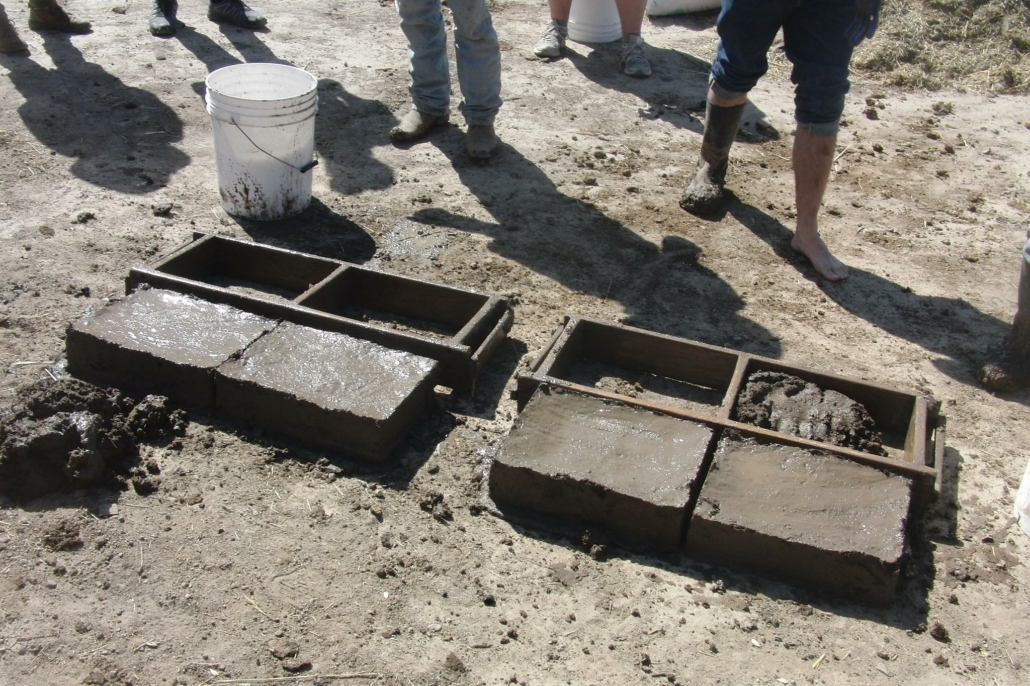
Cisterns have been placed under each adobe building to store rainwater collected from the roofs.
In addition, we have dry toilets that are similar to conventional toilets, the only difference is that there is no flushing of water each time they are used. Their operation is ecological because the solids are separated in a cavity and are treated with dry soil, biochar or sawdust to dehydrate the waste and compost it, so that it can be integrated into the forest areas; the liquids are also separated and can be used once they have fermented, diluted in water in forest areas.
The use of ecological toilets avoids the use of water and allows the waste to be managed so that it can be incorporated through composting.
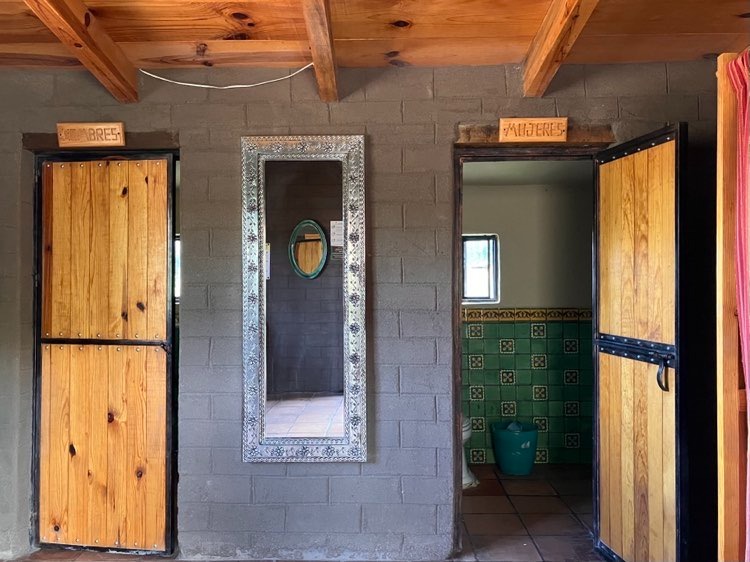
As part of the demonstration space, we have a prototype of a fuel-saving stove that allows us to make efficient use of firewood for cooking and take full advantage of the heat. Another eco-friendly device we use is the CATIS ceramic filter, which allows us to filter rainwater for drinking water.
These eco-technologies together allow us to equip a house in an ecological way, making the most of the resources in an efficient and environmentally friendly way.
Learn more about our eco-techniques at the school ranch and learn how to implement them in your home!
Infographics
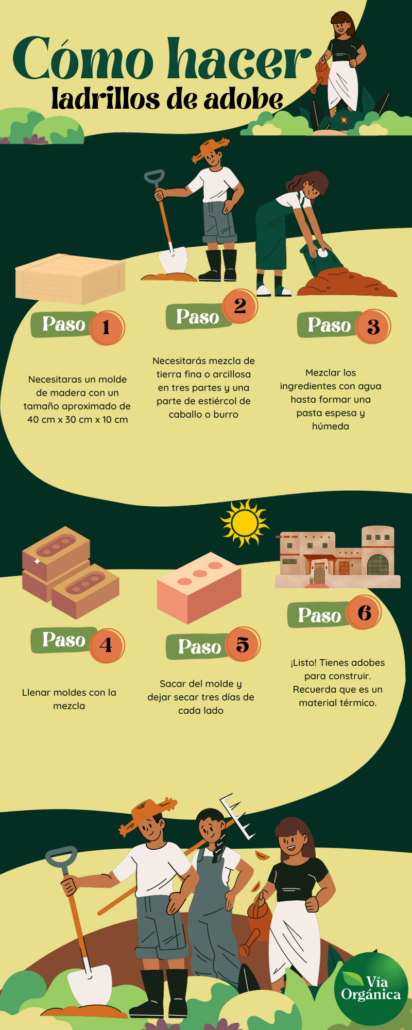
Seasonal Crops
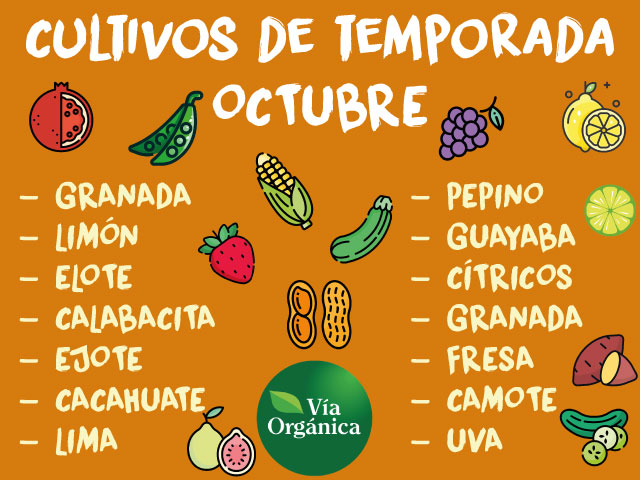
Meet Our Producers
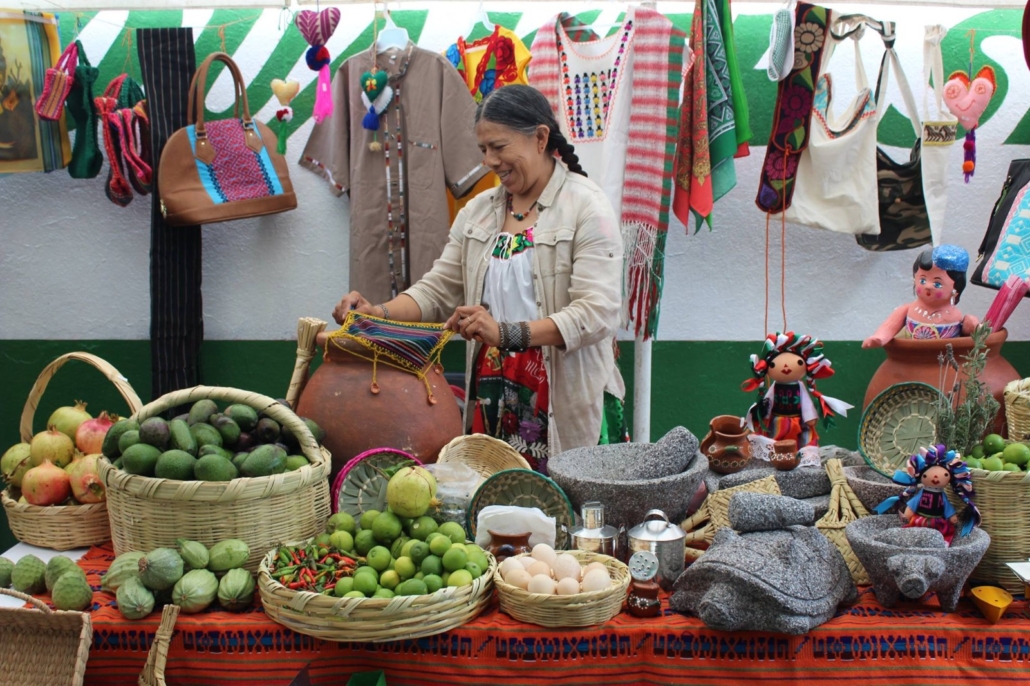
Rosario Landín is a producer from Comonfort Guanajuato, she’s been growing fruit orchards, with avocado, quince, peach, pomegranate, loquat, among others. She is also a craftswoman who participates in the elaboration of toys and different traditional embroideries. She and other people maintain the traditional festivities of her community “Orduña de Arriba”.
She is characterized by her joy, her dynamism and her love for her roots and work.
Find her seasonal products at Vía Orgánica’s ranch and at our ecological fairs and rural markets.
Workshops 2023
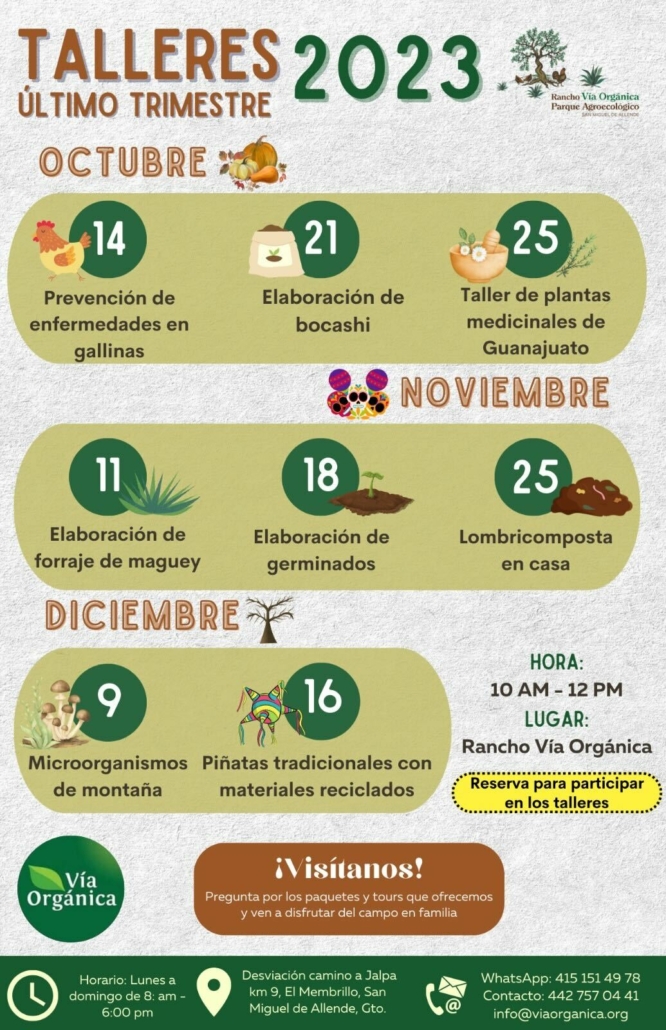
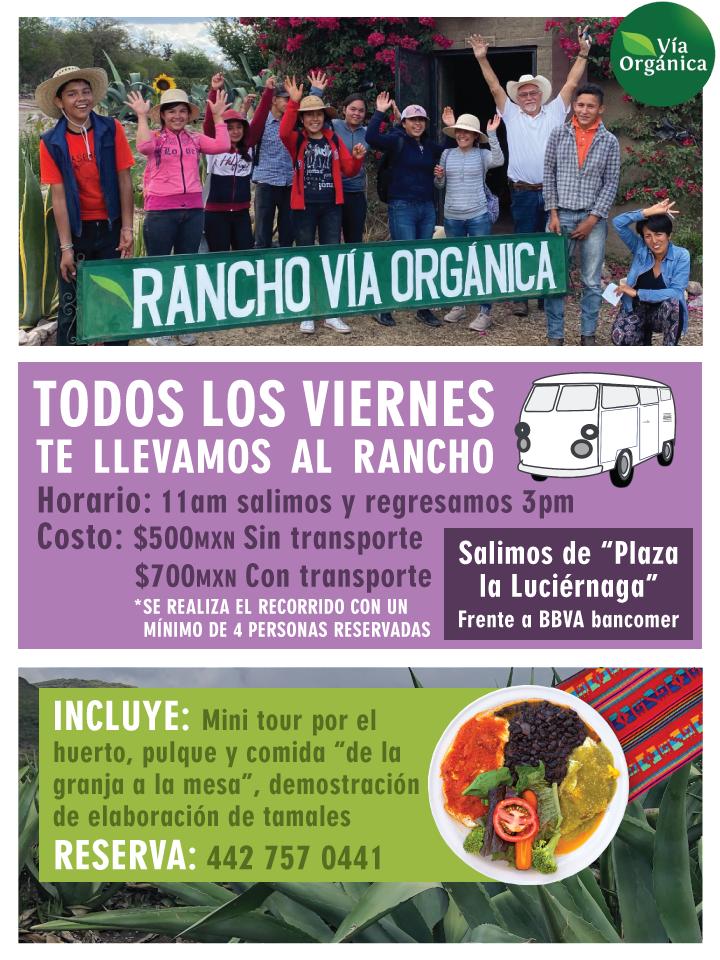
EVERY FRIDAY WE TAKE YOU TO THE VÍA ORGÁNICA RANCH!
Includes transportation, lunch, mini tour of the garden and tamale making demonstration.
RESERVE ON THE FOLLOWING PHONES:
Office: 44 2757 0441
Whatsapp: 41 5151 4978
DON’T FORGET TO VISIT US!
Remember that we are open from 8 am to 6 pm
Carretera México/ Querétaro, turnoff to Jalpa, km 9
Agroecological Park Vía Orgánica.
For information on our products, seeds and harvest,
call our store at 442 757 0490.
Every Saturday and Sunday nixtamalized tortilla with Creole and local corn!
Enjoy our sweet and sour kale chips for children and not so children!
FOLLOW US!
SHARE THIS NEWSLETTER!
